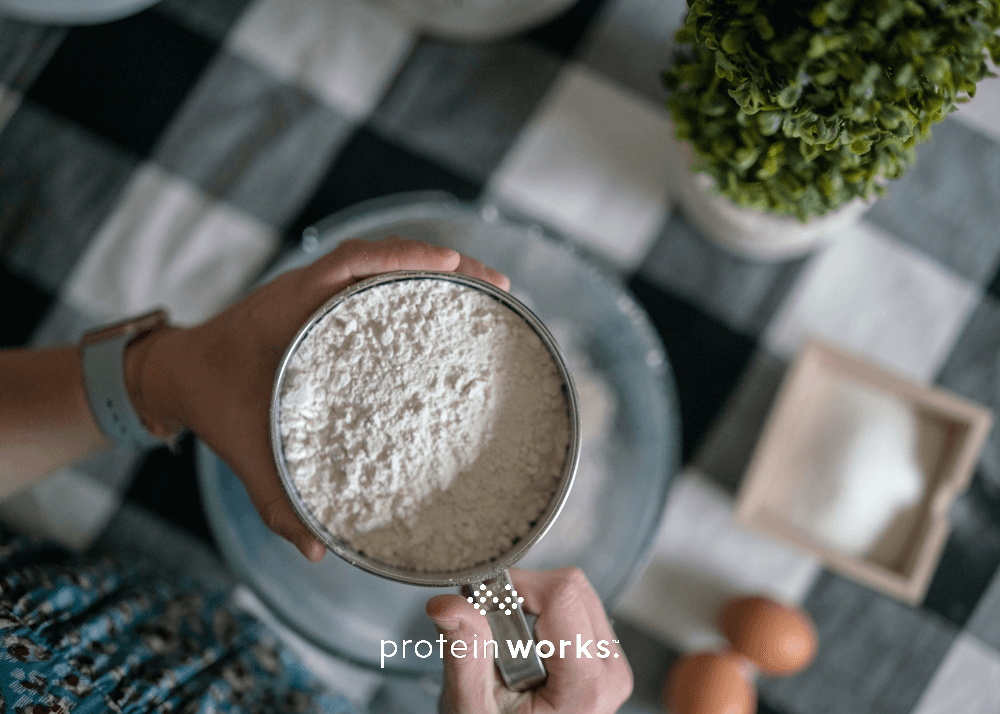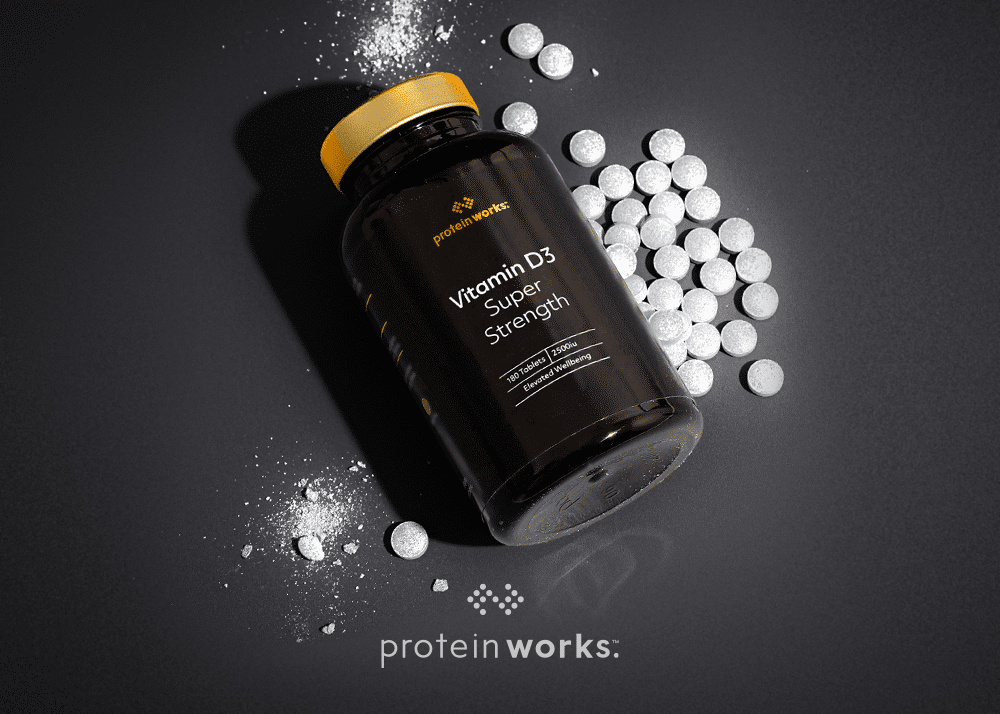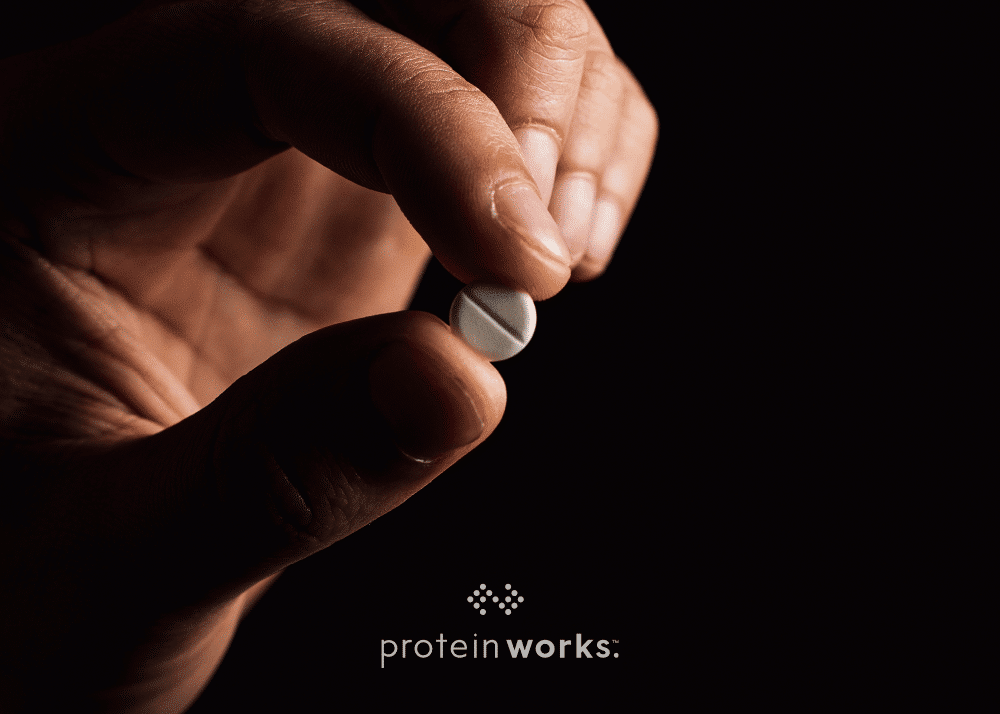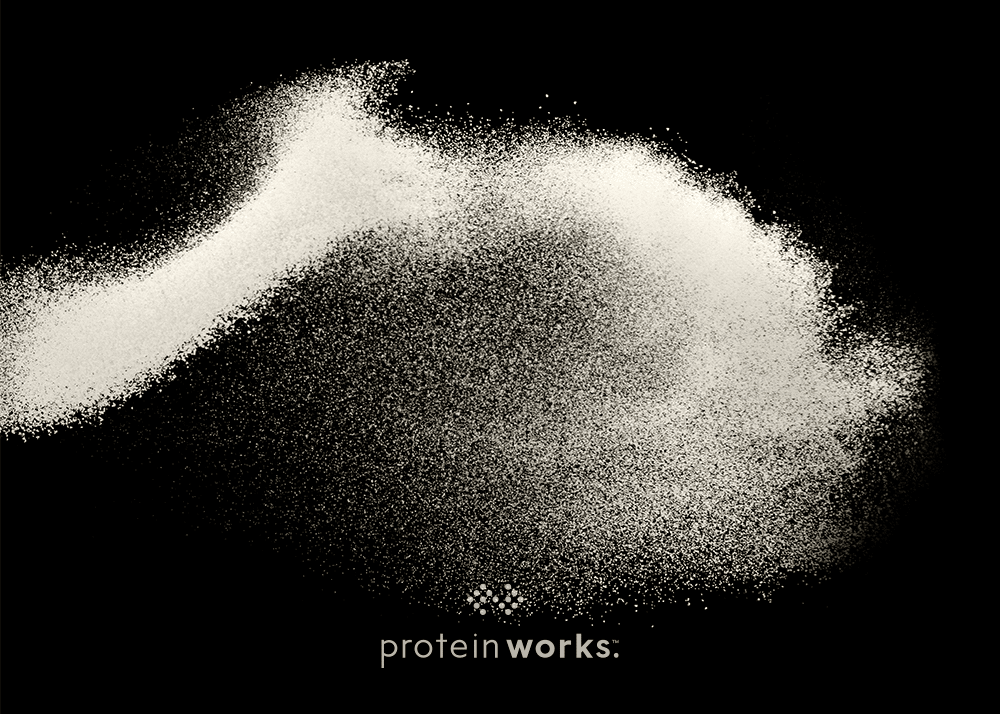
L-Glutamine Benefits and When you Should Take It
In the realm of sports nutrition, L-Glutamine, one of the 22 amino acids, takes centre stage, constituting up to 60% of the body’s free amino acid pool.
Although not deemed an essential amino acid for general health, it gains pivotal importance during intense training periods and for individuals contending with specific gastrointestinal disorders.
Recognised as a fundamental building block for both muscular and immune health, glutamine is indispensable for every muscle in the body.
Find out more l glutamine benefits and information below…
What is L-Glutamine?
L-Glutamine is a vital amino acid crucial for neural, intestinal, and immune functions in the body. While it’s naturally synthesized in our muscles and commonly found in our diet, during intense exercise, the body’s demand for glutamine may surpass its production, leading some to consider it ‘conditionally essential’.
Understanding its precise effects can be complex, but it is evident that L-glutamine plays a significant role, particularly in exercise and recovery from severe illnesses.
Where Does L-Glutamine Come From?
While meats, fish, and certain vegetables naturally contain varying levels of glutamine, athletes benefit from higher quantities.
Scientists have devised a fermentation process utilising glucose as a carbon source, ammonia as a nitrogen source, and a minimal amount of minerals and vitamins as growth factors.
This process yields glutamine on a larger scale, producing approximately 2000 metric tonnes annually, as reported by Isao Kusumoto in 2001.
L-Glutamine For Muscle Mass?
Strength athletes and bodybuilders turn to glutamine for its anti-catabolic properties, which inhibit the breakdown of crucial muscle tissue.
This attribute proves vital for those requiring functional muscle mass, such as rugby players or bodybuilders preparing for competition while aiming to retain their hard-earned muscles.
One of the ways glutamine achieves this is by enhancing muscle cell hydration, a promoter of anabolic processes.
L-Glutamine For Your Immune System?
Glutamine also acts as fuel for the immune system. It’s long been established that a depletion of glutamine due to intense training or illness can adversely affect immune function.
A study published in the European Journal of Applied Physiology and Occupational Physiology demonstrated that athletes engaged in rigorous training, who supplemented with glutamine, experienced less frequent and less severe illness compared to those who did not (L. M. Castell et al, 1996).
L-Glutamine Used In Medicine
The remarkable benefits of glutamine extend to its use in hospitals to counteract muscle loss in post-operative patients (F. Hammarqvist et al, 1989).
Studies showed that those who received glutamine supplements, such as glutamine powder, experienced less muscle mass loss compared to those who did not, even during periods of bed rest.
When Should you Take L-Glutamine?
The optimal time to take L-glutamine can vary depending on your specific goals and lifestyle. Here are some common scenarios:
- Post-Workout: Taking L-glutamine after a workout can aid in muscle recovery and reduce muscle soreness. This is especially beneficial for athletes and individuals engaged in intense physical training.
- Before Bed: Some people take L-glutamine before bed to support muscle recovery during the night. It can also help prevent muscle breakdown during periods of fasting, like overnight.
- Empty Stomach: Taking L-glutamine on an empty stomach, typically in the morning, can help maximise absorption. This is especially relevant if you’re using it to support gut health.
- With Meals: You can also take L-glutamine with meals. This can be beneficial for those using it to support digestive health, as it can help maintain the integrity of the intestinal lining.
- During Illness or Stress: During times of illness, injury, or high stress, your body’s demand for L-glutamine may increase. In such cases, taking it multiple times a day may be recommended.
- Before Intense Workouts: If you’re engaging in particularly strenuous or long workouts, taking L-glutamine beforehand may help support your muscles during the exercise.
- As Directed by a Healthcare Professional: If you’re taking L-glutamine for specific health concerns, such as digestive disorders or other medical conditions, it’s important to follow the guidance of your healthcare provider.
Remember, individual needs may vary, so it’s always best to consult with a healthcare professional or a registered dietitian who can provide personalised advice based on your unique circumstances and health goals.
Don’t miss out on our range of Vitamins & Minerals for even more feel good products. You can also learn more Supplement Tips in our Locker Room archives.
References:
- P Stehle, N Mertes, CH Puchstein, J Zander, S Albers, P Lawin, P Furst (1989) ‘Effect if parenteral glutamine peptide supplements on muscle glutamine loss and nitrogen balance after major surgery’ The Lancet, Volume 333, Issue 8632, 4 February 1989, Pages 231–233
- F Hammarqvist, J Wernerman, R Ali, A von der Decken, and E Vinnars (1989) ‘Addition of glutamine to total parenteral nutrition after elective abdominal surgery spares free glutamine in muscle, counteracts the fall in muscle protein synthesis, and improves nitrogen balance.’ Annals of Surgery, 1989 April; 209(4): 455–461.
- L. M. Castell, E. A. Newsholme and J. R. Poortmans (1996) ‘Does glutamine have a role in reducing infections in athletes?’ European Journal of Applied Physiology and Occupational Physiology, Volume 73, Number 5 (1996), 488-490
- Isao Kusumoto (2001) ‘Industrial Production of l-Glutamine’ The Journal Of Nutrition, September 1, 2001 vol. 131 no. 2552S-2555






No Comments yet!